Federal judge rules against Lac du Flambeau tribal government in local roads dispute
The Lac du Flambeau Band of Lake Superior Chippewa fought with a local municipality and homeowners over rights of access through tribal lands, and in an ensuing lawsuit, a federal judge ruled that local property owners have the right to use four roads crossing tribal lands.
ICT News
August 8, 2025 • Northern Region
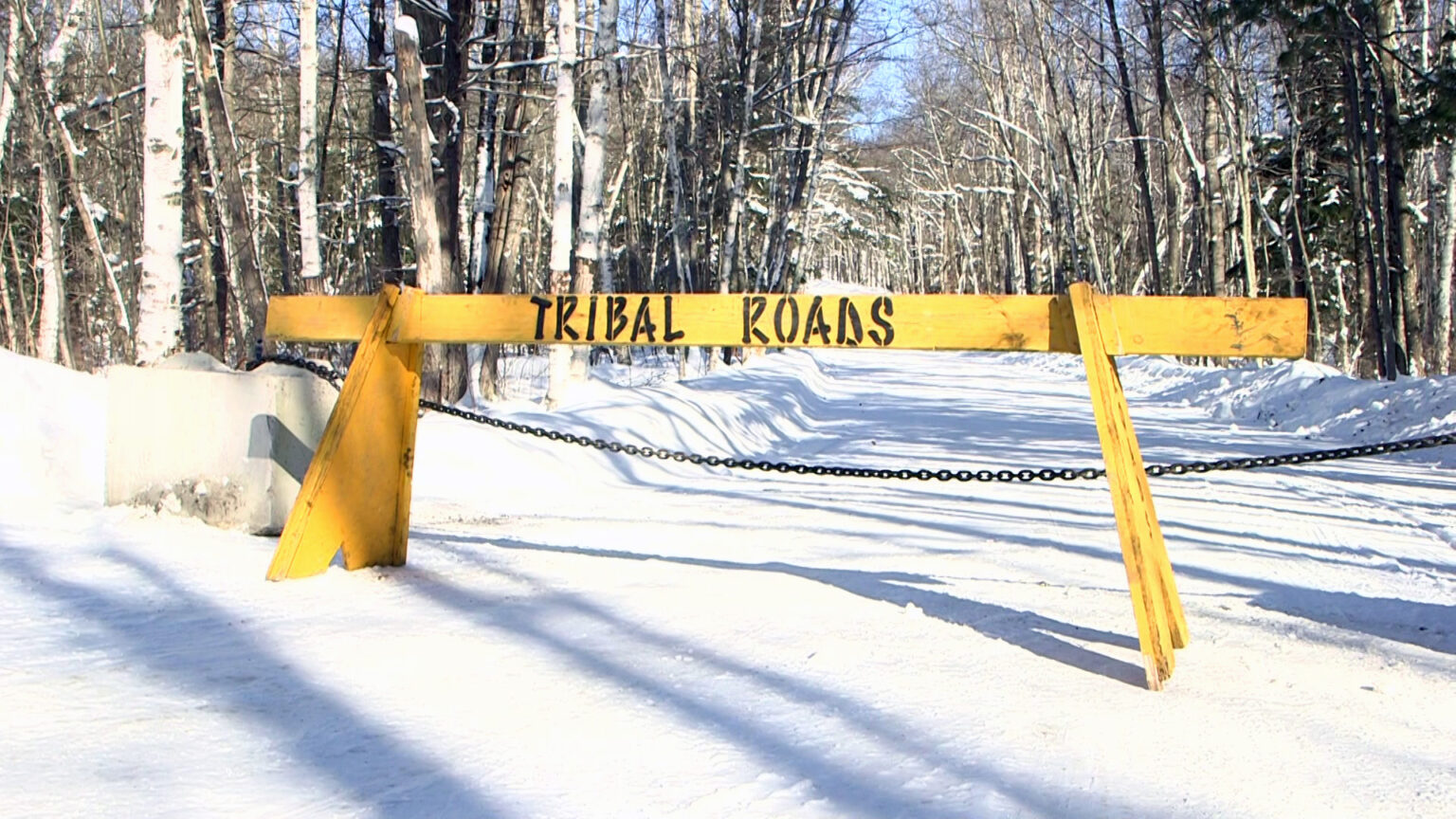
Road barriers put in place on Jan. 31, 2023 by the Lac du Flambeau tribal government was at a center of a federal lawsuit over access to roads. On Aug. 5, 2025, a federal judge ruled in favor of local homeowners, finding they have the right to use roads that cross tribal lands. (Credit: Courtesy of WJFW-TV)

This story was originally published by ICT, formerly Indian Country Today.
U.S. District Judge William M. Conley has ruled in favor of homeowners and the town of Lac du Flambeau in Wisconsin in a long-running dispute with the Lac du Flambeau Band of Chippewa Indians over right-of-way easements crossing tribal lands.
Conley’s decision, issued on Aug. 5, said the property owners have the right to use four roadways that cross tribal lands to access their property, despite efforts by the tribe and the Bureau of Indian Affairs.
The opinion sharply criticizes the BIA but sidesteps the issue of whether tribal sovereignty grants the tribe the right to control the roadways.
“The court begins by acknowledging the long-standing principle that Indian tribes possess inherent sovereign powers, including the authority to exclude unless Congress clearly says otherwise,” the judge states in the written opinion.
Conley finishes the 47-page order by noting, “the court concludes that the Town and Homeowners have an implied easement to use and access the Roads to reach their homes and properties.”
Easements are paid agreements in which a property owner such as the Lac du Flambeau tribe allows nonmembers to use roads crossing over their lands.
Conley’s decision came after more than a decade of failed negotiations over renewing easements with property title companies and the town of Lac du Flambeau. By 2023, the issue had grown more contentious as tribal council members voted to set up barriers along the roads.
Although a federal judge refused to force the tribe to open the roads, the tribe temporarily agreed to open them in exchange for monthly payments from the town of Lac du Flambeau.
The town then filed a lawsuit against the tribal council seeking access to the properties, and in 2023, the federal government filed its own lawsuit against the town on behalf of the tribe accusing the town of illegally trespassing.
Earlier in 2025, Conley, a federal judge in the Western District of Wisconsin, issued an order affirming that the roadways would remain open while cases were pending.
In his decision, Conley rejected the federal government’s claim that the town violated the tenets of the Indian Right of Way Act. The government alleged that the road easements should have been limited to 50 years.
“That argument is unpersuasive; the Superintendent of the BIA Great Lakes Agency granted the public road right of way to a private developer, noting that an exception had been made because the roads would eventually be made public and assigned to the Town,” the order notes.
Attorneys representing non-Native Lac du Flambeau homeowners announced that Conley’s decision invalidates the BIA’s removal of the roads from the federal National Tribal Transportation Inventory and permanently bars further efforts by federal or tribal authorities to restrict access.
The National Tribal Transportation Inventory is a comprehensive database maintained by the BIA and the Federal Highway Administration that includes facilities on or providing access to tribal lands.
“This decision,” attorneys from the Reinhart law firm wrote, “is precedential not only for homeowners living within the reservation but nationally as numerous other rights of ways for roads on reservations across the United States have expired or are expiring in coming years.”
The tribe issued a statement on Aug. 7 in response to the Aug. 5 ruling, arguing that the decision overlooks key elements of federal law that protect tribal lands and the tribe’s inherent sovereign authority to control access to the reservation.
“We are disappointed by the outcome and concerned about the precedent this may set for tribal governments across the country,” tribal president John Johnson said in the statement.
Dave Krievet, one of the non-Native homeowners living on one of the roads in question, noted in an interview with ICT that the court’s ruling will have far reaching ramifications for reservations throughout the U.S.
“In his earlier temporary injunction, Conley wrote how he found it hard to believe that Congress would have given tribal members the right to sell their property to non-tribal members without granting them the right to access the property they bought,” Kievet said.
The big injustice to tribes was done back in the 1800s under the Dawes Act, according to Kievet.
“If the tribe has anything to go back to, it should be to Congress and how they can make this right,” he said.
The tribe is now reviewing its options.
“We will continue to review the decision and consider all available options for the tribe,” Johnson, the tribal president, said in the statement. “The band will continue to defend its land, uphold the promises made in its treaties and ensure the safety and well-being of its citizens and community members.”
 Passport
Passport




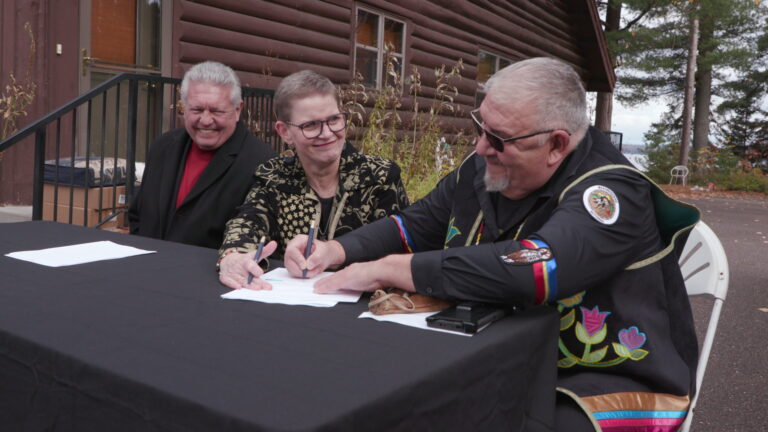
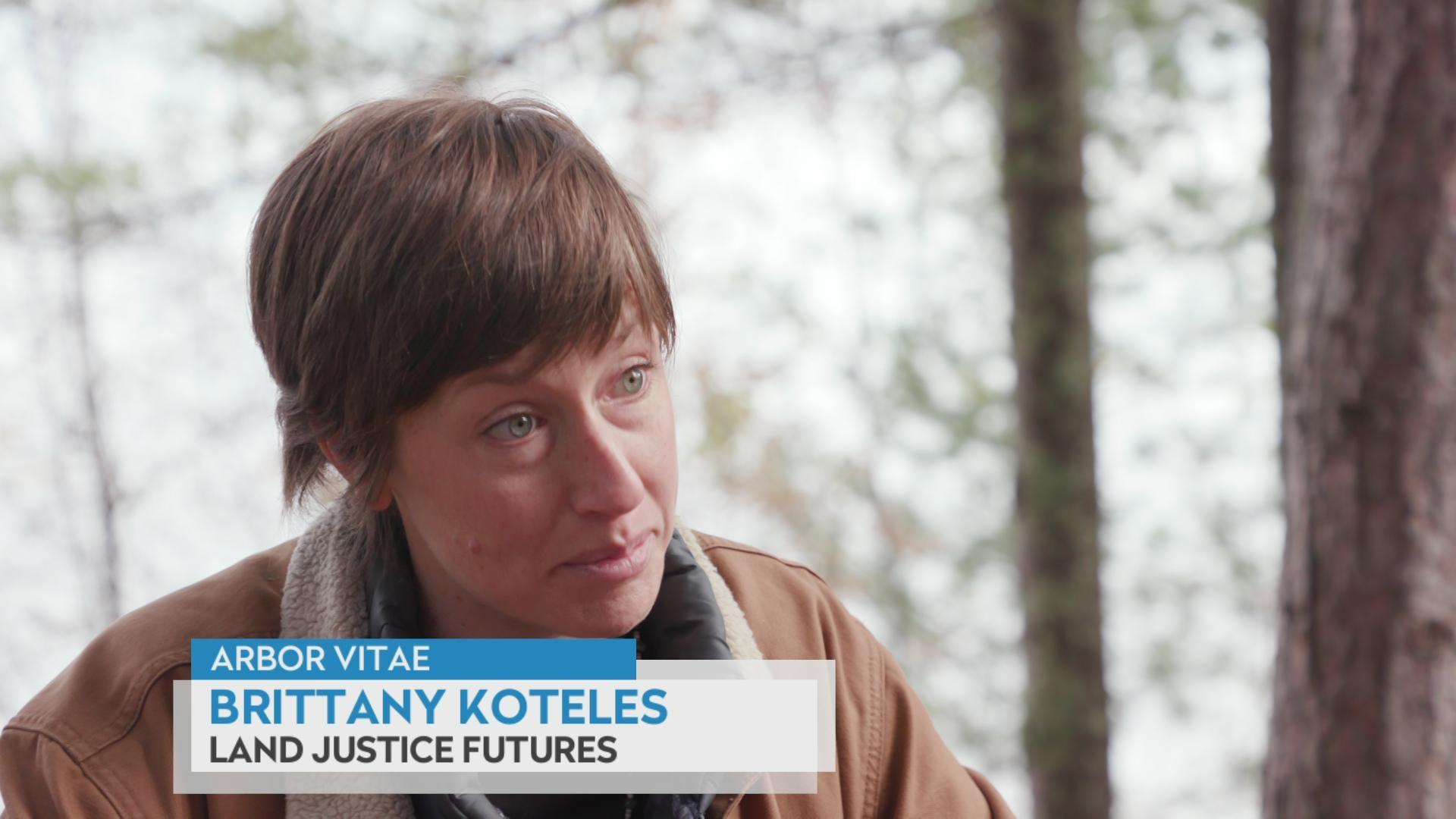

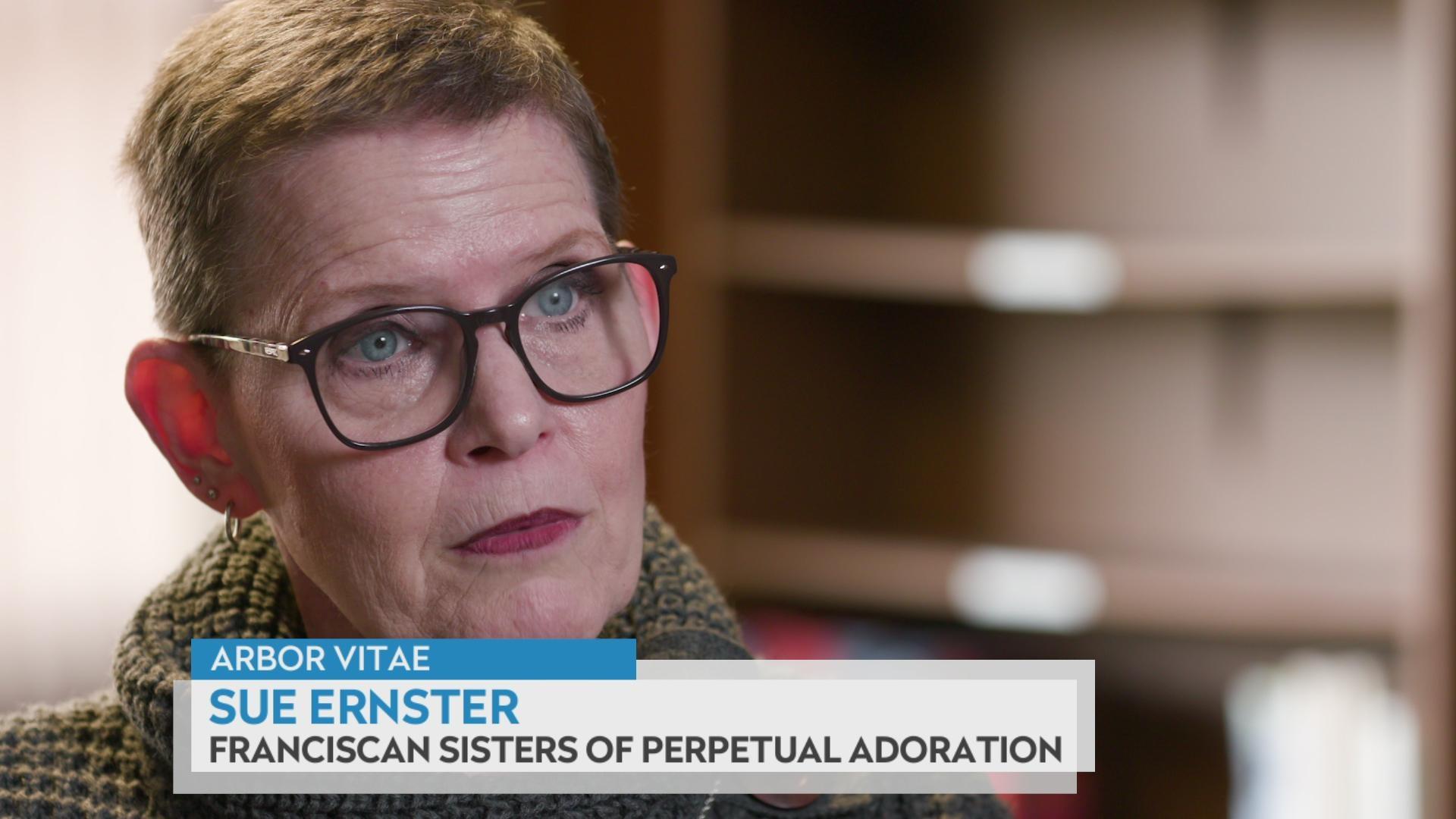
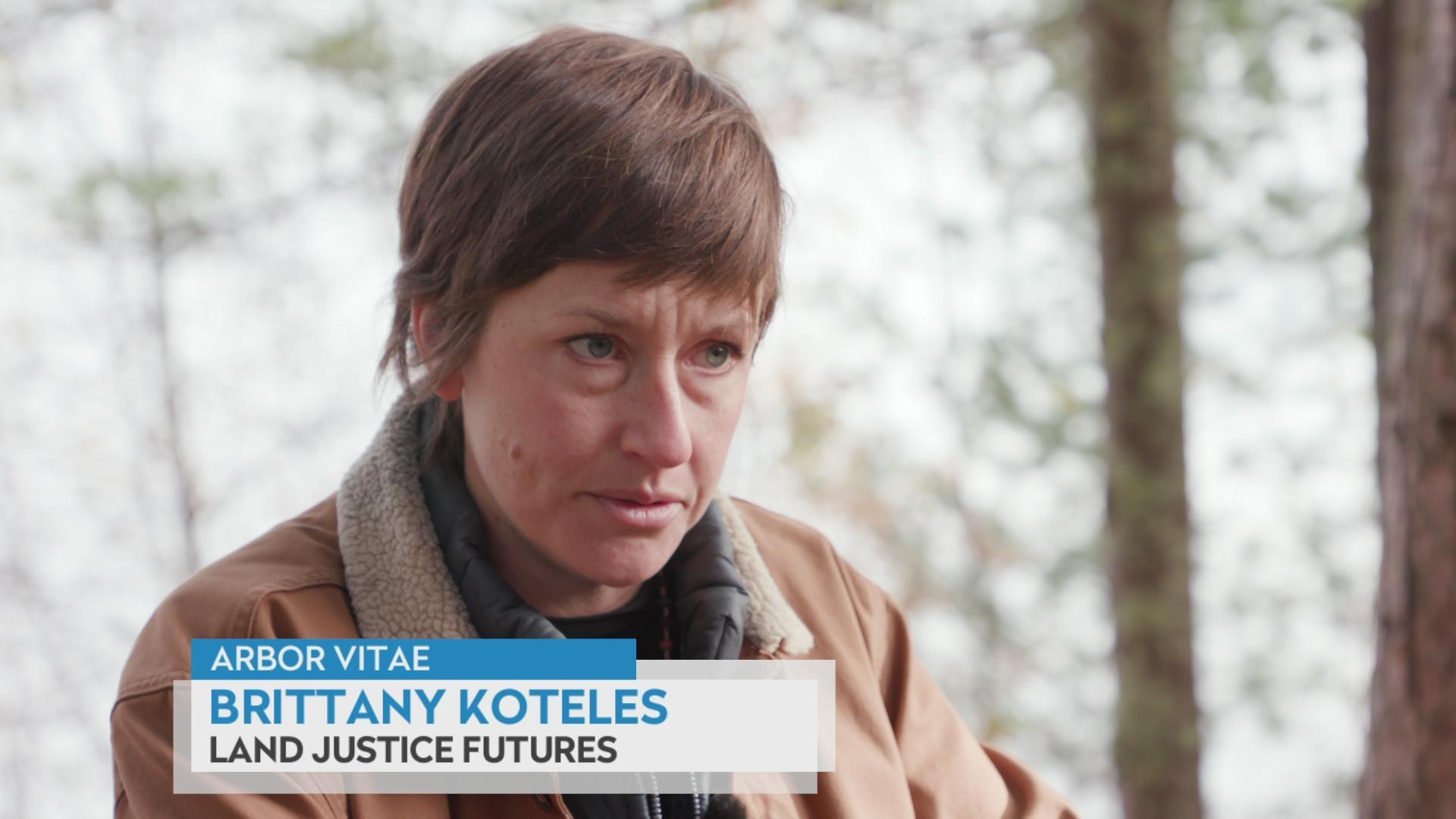
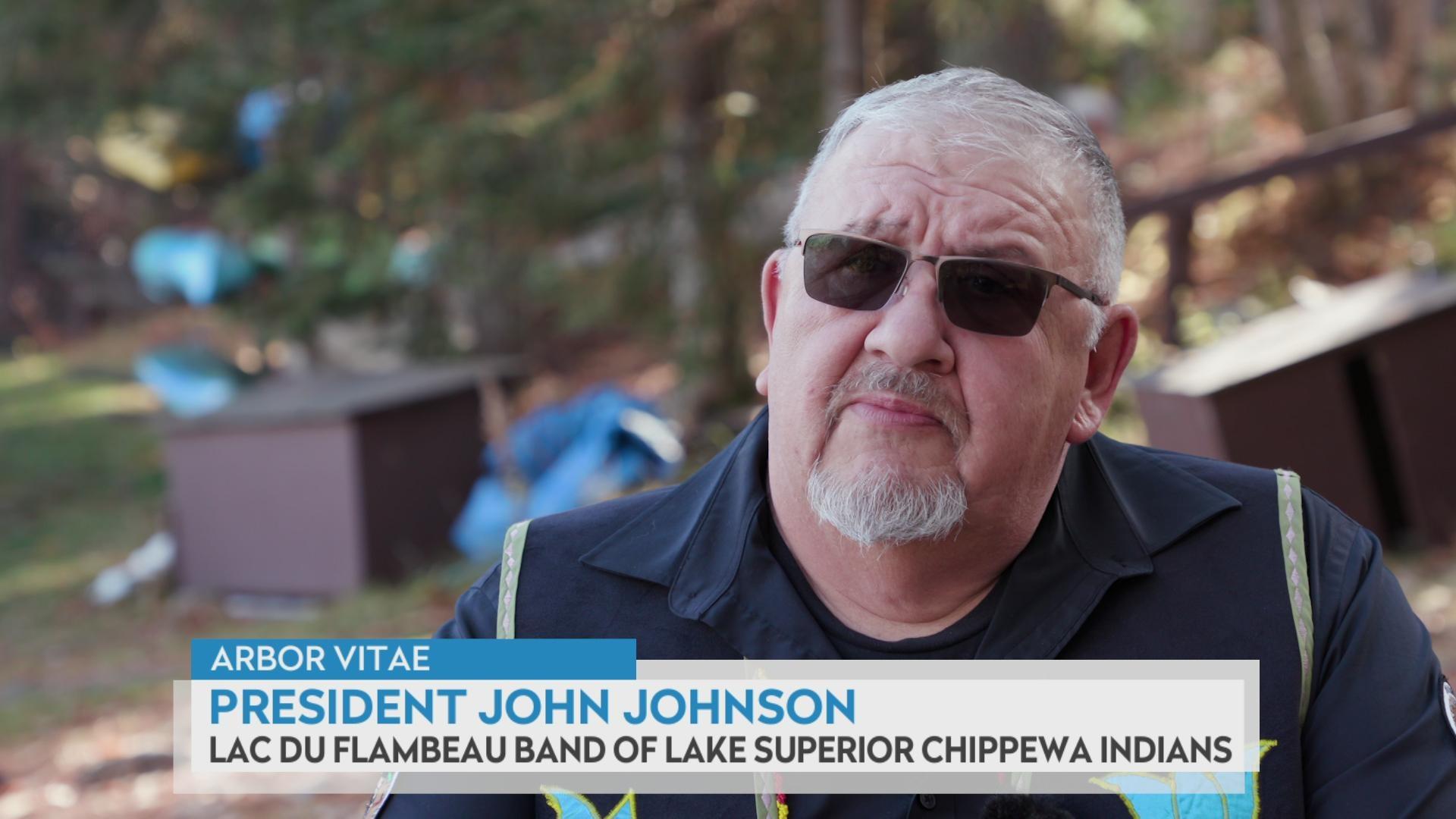

Follow Us